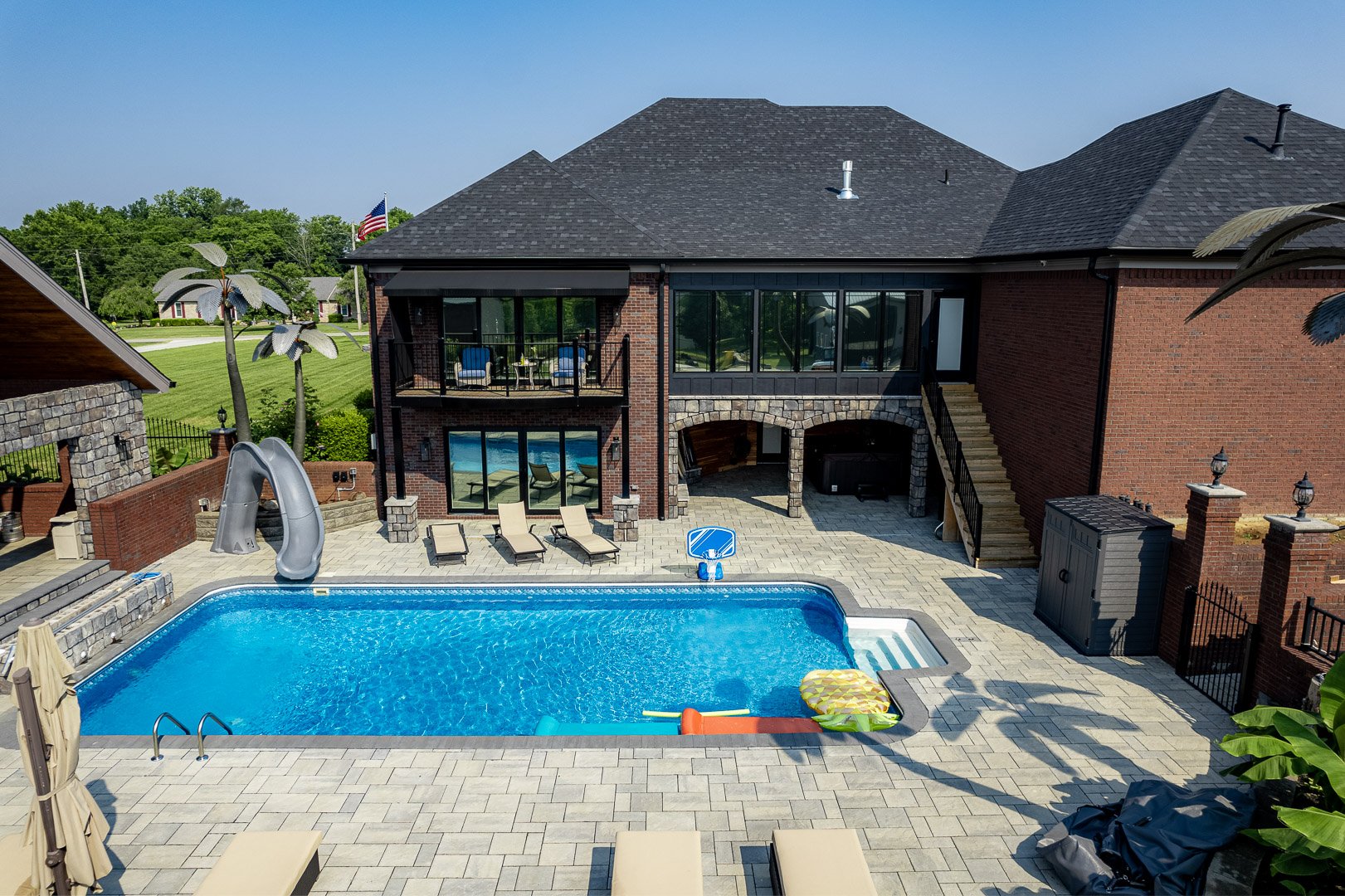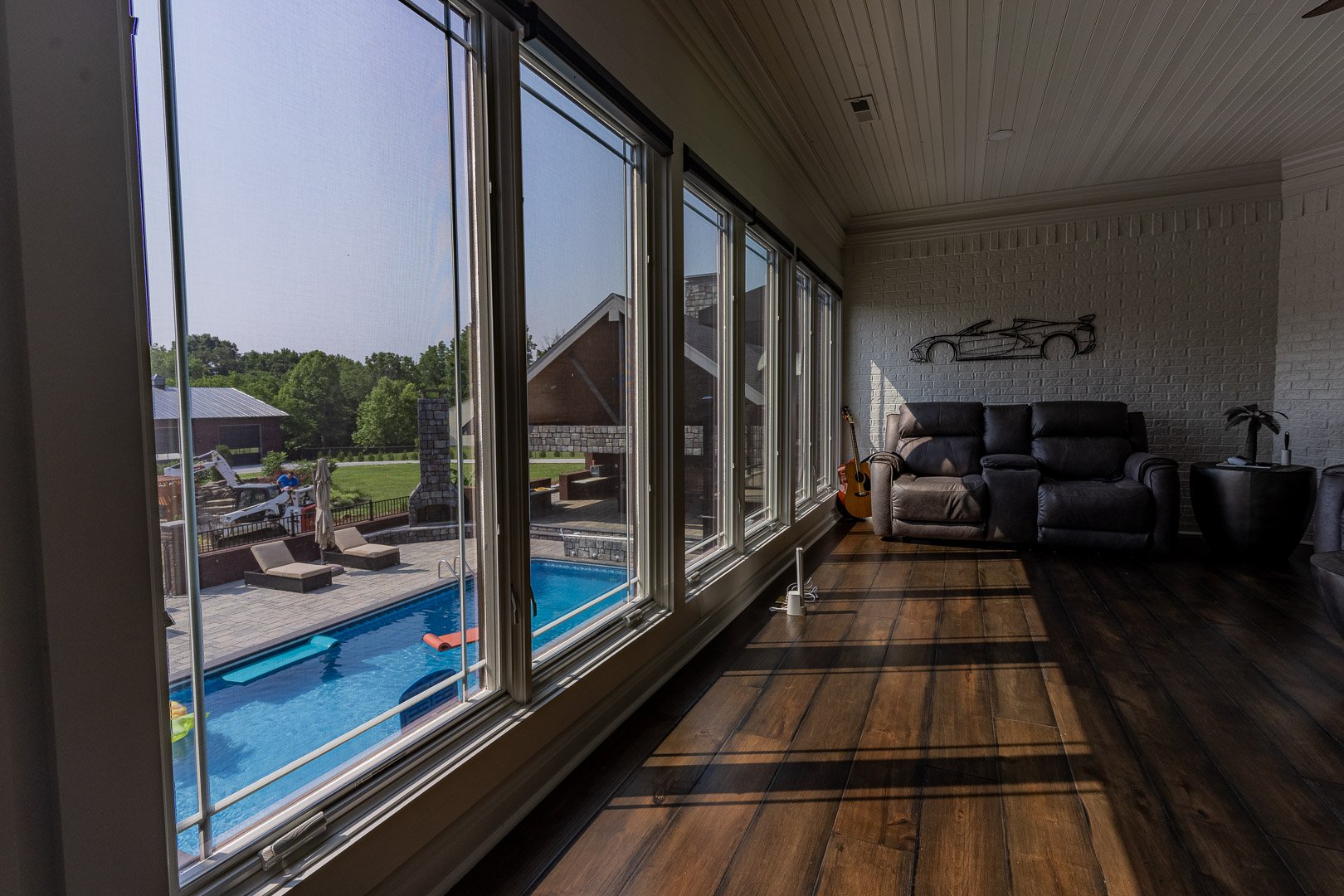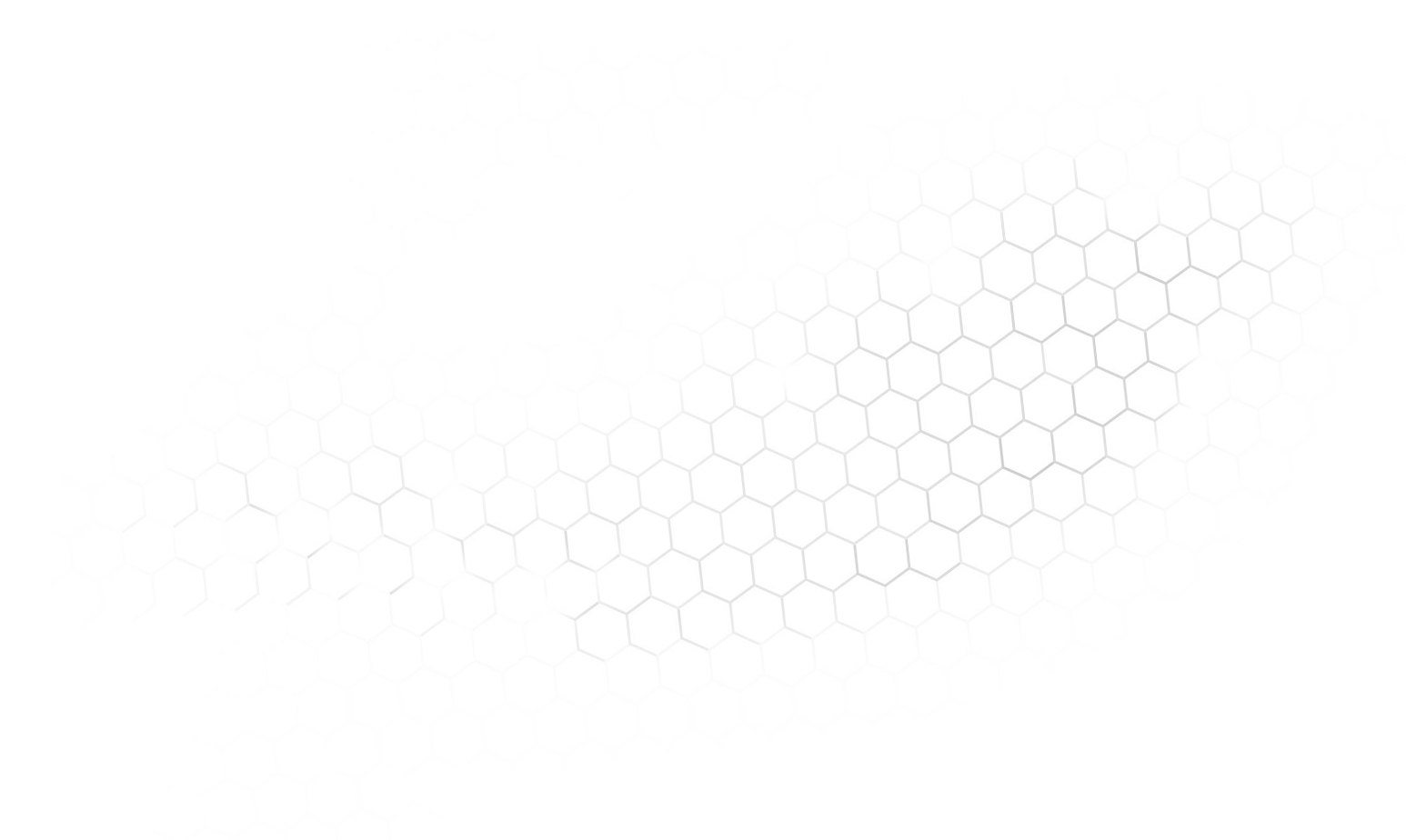See DRMDS 7 in action!
See the
Difference.
UV Protection
-
Window film helps block a significant portion of the sun’s ultraviolet (UV) rays from entering through windows. It can block up to 99% of harmful UV radiation, which is known to cause damage to skin, fade furnishings, and contribute to various health concerns.
-
UV rays from the sun can cause skin damage and increase the risk of skin cancer. By installing window film, you can create a safer indoor environment by reducing UV radiation exposure, especially in rooms with direct sunlight.
-
Window film can contribute to improved energy efficiency by reducing the amount of solar heat that enters through windows. This helps to keep interiors cooler and reduces the need for air conditioning, leading to potential energy savings. By blocking UV rays, window film also reduces heat buildup, keeping spaces more comfortable without relying solely on cooling systems.
When presenting the UV protection benefits of window film, it's important to emphasize the long-term advantages of reduced UV exposure, such as maintaining the aesthetic appeal of interior spaces, protecting occupants' health, and reducing energy costs.
Heat & Glare
Experience the transformative power of window film as it blocks solar heat, reduces glare, and creates a more comfortable and visually soothing environment for your residential or commercial space!
-
Window Film acts as a thermal barrier, blocking a significant portion of solar heat from entering through windows. By reducing heat transmission, window film helps keep indoor spaces cooler, resulting in a much more comfortable environment and potentially reducing the reliance on air conditioning systems.
-
Window film helps diffuse and distribute natural light more evenly throughout a space, minimizing harsh contrasts between light and shadow. This creates a more pleasant and uniform lighting environment, reducing eye strain, and creating a visually appealing atmosphere.
-
Window film significantly reduces glare caused by direct sunlight, which can be particularly bothersome in workspaces, living areas, and commercial environments. By minimizing glare, window film enhances visual comfort and allows for better screen visibility-leading to increased productivity and an improved overall experience.
Safety & Security
Discover the wide-ranging benefits of residential and commercial window film, delivering unparalleled safety and security. From reinforced glass and enhanced privacy to visual protection and severe weather resistance, window film provides a reliable solution for creating a safer and more secure environment in any setting.
-
Window film acts as a protective layer, making windows more resistant to shattering upon impact. In the event of accidental breakage, the film helps hold the glass together, reducing the risk of injury from flying shards.
-
Window film options include privacy films that obscure the view from outside while still allowing natural light to enter. This enhances privacy and prevents prying eyes from easily seeing into residential or commercial spaces.
-
Some window films are designed to provide blast mitigation properties, helping to hold glass fragments together and reducing the risk of injury and damage in the event of an explosion or blast.
Material Weathering
Experience the transformative power of window film as it blocks solar heat, reduces glare, and creates a more comfortable and visually soothing environment for your residential or commercial space!
-
Window film blocks a significant portion of harmful UV radiation, which is a major cause of fading in furniture, flooring, artwork, and other interior elements. By reducing UV exposure, window film helps preserve the original colors and integrity of these materials-extending their lifespan.
-
Wooden furniture, flooring, and fixtures are susceptible to UV-related damage, including fading, discoloration, and dryness. By reducing UV radiation, window film helps preserve the natural beauty of wood, keeping it looking vibrant and preventing the need for premature refinishing or replacement.
-
Excessive heat can also contribute to material weathering, causing deterioration and fading. Window film helps reduce heat transmission, minimizing the exposure of materials to high temperatures and helping to maintain their quality and appearance.










